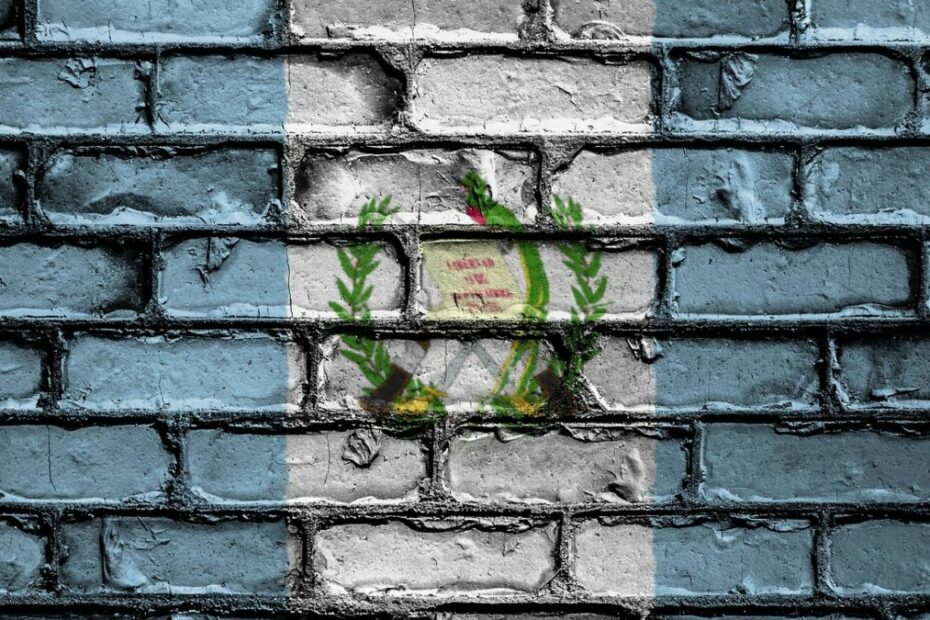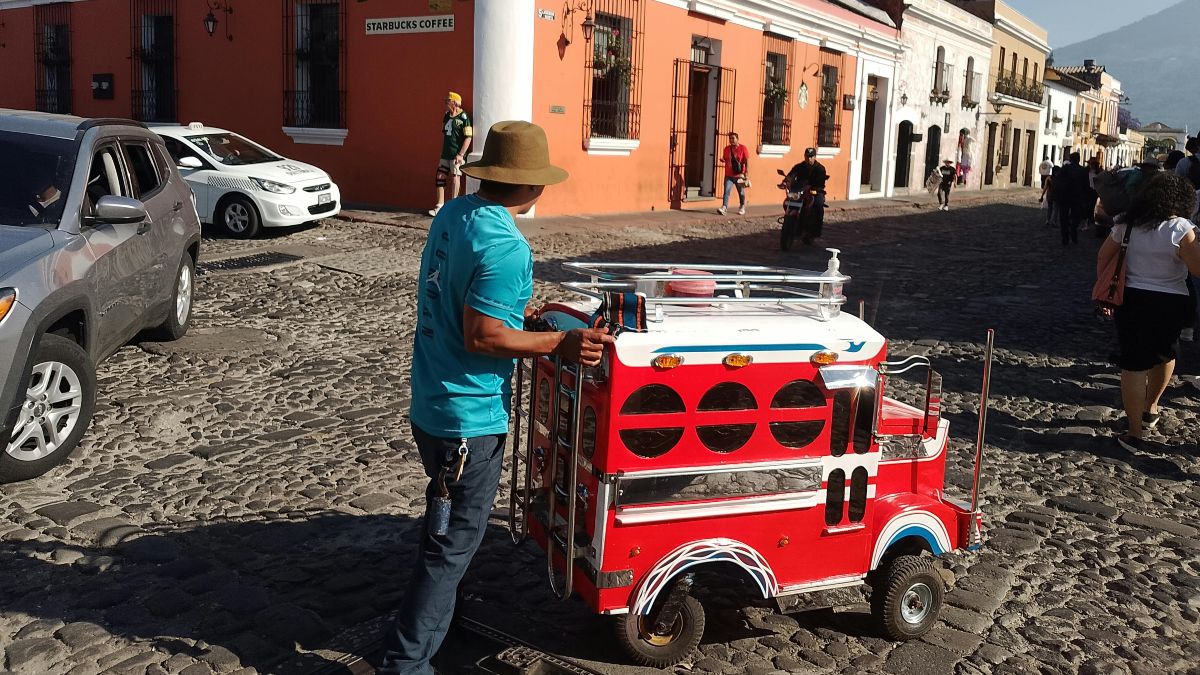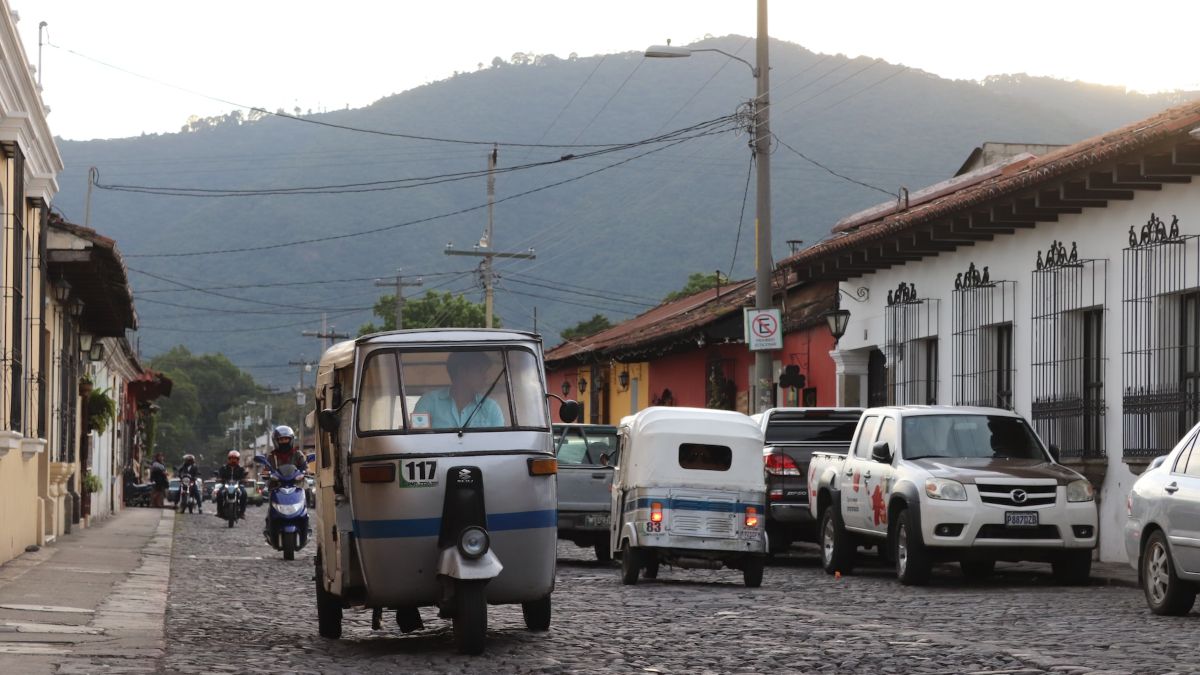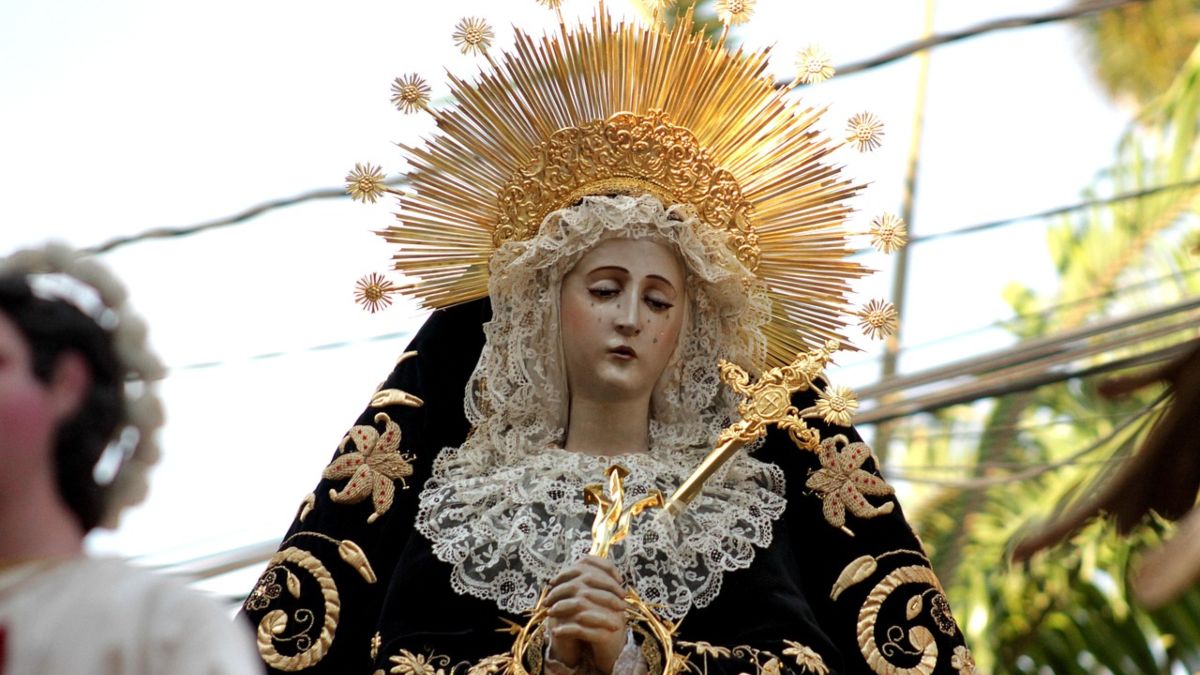In the aftermath of last month’s election, Guatemala finds itself at a decisive crossroads. As the political landscape teeters on the brink of change, Nestor Quixtan delves into the whirlwind of Guatemala politics, looking at the complexities surrounding the contest, exploring the rise of unexpected contenders, allegations of fraud, and the looming question of whether the country’s decaying political system will fade away or make a final push into dictatorship.
It’s three weeks since the first round of the current Guatemala election. I had anticipated writing about it straight after, on June 26th. But settling on a starting point has been almost impossible amidst the whirlwind of craziness surrounding the entire situation. That said, I have to begin somewhere, despite the complexity of the media soap opera that is unfolding.
I don’t generally write these articles in the first person. This time, though, I want to offer my honest perspective on things. Frankly, the media soap opera playing out before everyone is more complicated than meets the eye.
In my opinion, Guatemala is witnessing the last-ditch struggles of a decaying political system
The system governing the nation has reached a decisive crossroads. It must either fade away or make a final push into a full-fledged dictatorship. I see no middle ground.
Unlike other nations (naming no names), there’s no single dictatorial figure in Guatemala. While Guatemala has already had its fair share of dictators, the current situation lacks a single figure to take the ball and run with it. This is why the merry-go-round of useful pawns no longer serves the purposes of the current political elite.
This situation was evident in the fact that the “null” vote finished in first place. Amid massive fraud allegations and a review of ballot counts (not a recount), the null vote led the way with 17.39% of the vote in the presidential race. This outcome sends a clear message to the Guatemalan political establishment: no one believes in it anymore.
The leading vote-getter was the UNE party led by former first lady Sandra Torres (her third kick at the can). To nobody’s surprise, she secured the most votes with a meager 15.86% of the popular vote.
It will be interesting to see if the same people who (correctly) condemned dictatorships in Venezuela, Cuba and Nicaragua in recent years will now speak up about the real risks facing Guatemala. The fact it’s run by the right rather than the left should be irrelevant right now…
— Brian Winter (@BrazilBrian) July 13, 2023
The big surprise was who finished second
With its grassroots campaigning tactics, the relatively unknown Movimiento Semilla emerged behind the UNE with 11.78%. Was this result legitimate? Not according to the political establishment. Fraud allegations began almost immediately, making it easy to assume some sort of shenanigans had occurred. Nevertheless, why would anyone rig an election to have an unknown political party make it to the runoff? After all, there were much bigger players with much more at stake who would do anything to ensure their success.
At first I thought Bernardo Arévalo, son of former president Juan José Arévalo, seemed like a breath of fresh air. I remember sitting at breakfast on June 26th, listening to the local newscast recite whatever information they had on Arévalo. On the surface, his credentials appeared impressive enough, and he carried the weight of a famous last name.
His father, Juan José Arévalo, was president of Guatemala from 1945 to 1951 and was elected in Guatemala’s first fair and free election. He was what most political scholars would consider a classic liberal and his policies aimed to usher Guatemala into a modern, 20th-century capitalist system. His successor, Jacobo Arbenz, was labelled a communist leading to Guatemala’s failed democracy.
Fast forward to 2023
Initially, I believed that the June 25th election was history repeating itself. Guatemala’s ruling land-owning elite, without significant influence from the United States (which has its hands full elsewhere), allowed a free election to take place. This explained the null vote leading the way. It also explained why a calm and composed politician like Bernardo Arévalo could capture the attention of Guatemala’s metropolitan elites.
My suspicions were confirmed earlier this week. Several political parties had requested a recount to verify the results. Guatemala’s electoral law, however, does not recognize the concept of a “recount.” The closest thing to a recount is a review of the tabulation totals.
Here’s another shocker: the review of the tabulation results did not alter the election in any way. A handful of votes shifted here and there, but the overall results remained the same. Torres and Arévalo are now headed for a runoff election on August 20th.
Guatemala’s Electoral Tribunal officially certified the election results on July 13th. Shortly after the announcement, the Public Ministry, through its anti-corruption prosecutor, obtained an immediate court order to suspend Arévalo’s party, Movimiento Semilla, in relation to an investigation pending since 2019.
Movimiento Semilla’s legal team swiftly responded and succeeded. Guatemala’s highest court, the Constitutional Court, granted a temporary injunction nullifying the court order to suspend Movimiento Semilla. The ruling cited constitutional grounds to restore temporary order to the chaos.
Attempts to disqualify outlier candidate Bernardo Arévalo de León from competing in Guatemala’s run off vote next month seem to have backfired.
Protests are kicking off and this video shows the candidate pushing through throngs of supporters in Xela, a highly indigenous region. https://t.co/QWMZXBKoVG
— Megan Janetsky (@meganjanetsky) July 15, 2023
And that’s where things stand right now
The runoff between Torres and Arévalo is scheduled for August 20th. It will feature two left-leaning political parties vying for the presidency. And yes, despite what many are saying, Torres is on the center-left, notwithstanding some Bukele-like policies on crime. It’s only that she looks right-wing compared to Arévalo.
But with Sandra Torres, what you see is what you get. She offers typical populist policies aimed at appeasing hungry, disenfranchised populations, hoping it will be enough to keep her party relevant for another election cycle.
On the flip side, Arévalo talks a good game. I suspect, though, that he lacks his father’s determination. I seldom make public predictions, but I will make this one: Under an Arévalo presidency, Guatemala will become another close ally of China. It will follow in Honduras’ footsteps and abandon support for Taiwan, a long-time political and diplomatic ally, to curry favor with China.
I don’t expect the null vote to triumph on August 20th. Regardless of who ultimately wins, the real victory will be holding the elections themselves. I believe the languishing political establishment will do everything in its power to prevent the runoff election from taking place.
Stay tuned because this novela is far from over.
Nestor Quixtan is a Canadian/Guatemalan economist, linguist, and writer. He lives in Guatemala City.




